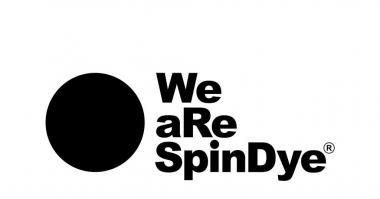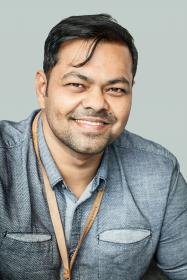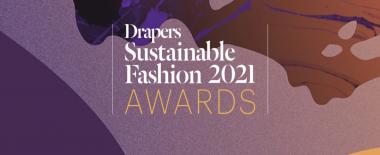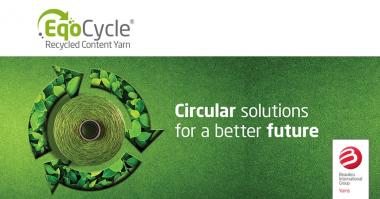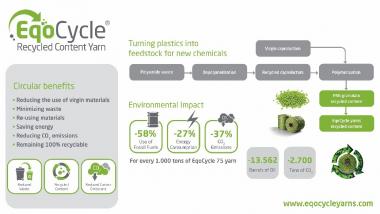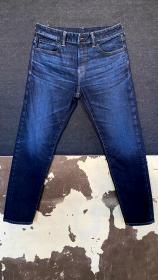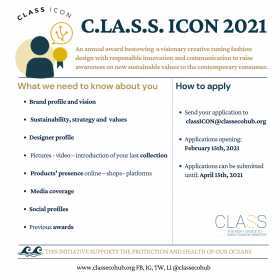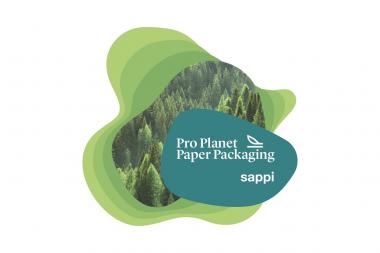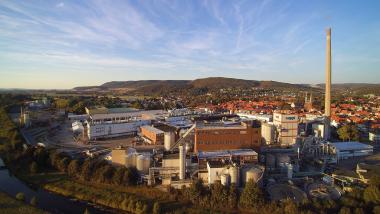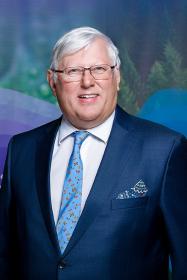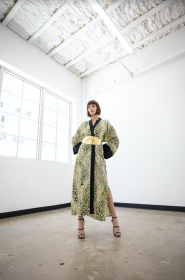We aRe SpinDye signs collaboration agreement with Superdry
We aRe SpinDye ( WRSD ) signed a collaboration agreement with Superdry plc. Superdry is a fashion brand with global distribution and highly ambitious sustainability goals - where WRSD hopes to play a significant role in achieving said goals.
"We have been in conversation with each other for a significant time and now finally things have fallen into place and we are able to move forward on more concrete terms", says Andreas Andrén and continues: "Naturally it is extremely positive for us that Superdry has so ambitiously set and clear sustainability goals. With our unique expertise in sustainable dyeing of recycled polyester, we feel that we have a very clear position as a partner to Superdry."
Superdry's goals for 2030 are set high and include major initiatives in new sustainable solutions. On their website, they put this in words: "Our ambition is to become the most sustainable listed global fashion brand on the planet in 2030. Our goal continues to focus on producing the most durable product, while protecting our planet and support j s our people in everything we do. We will do the right thing and leave a positive environmental legacy. Accelerating our goals means that our commitments are in line with the UN Sustainable Development Goals (SDGs) by 2030."
We aRe Spin Dye / Cision


